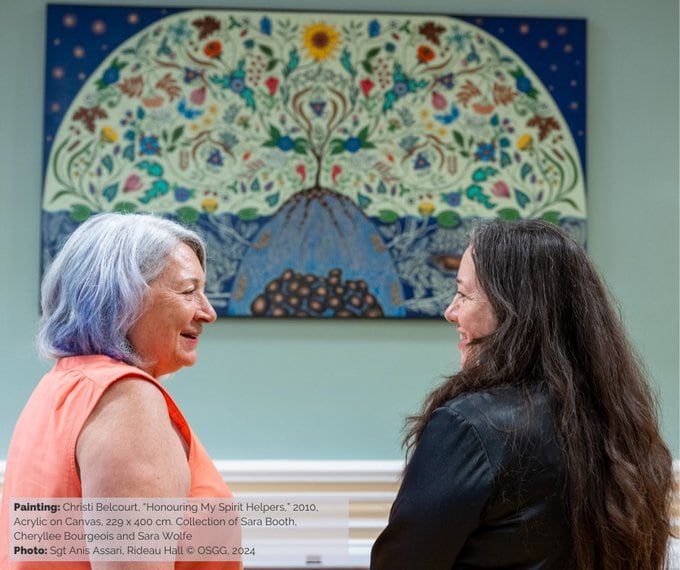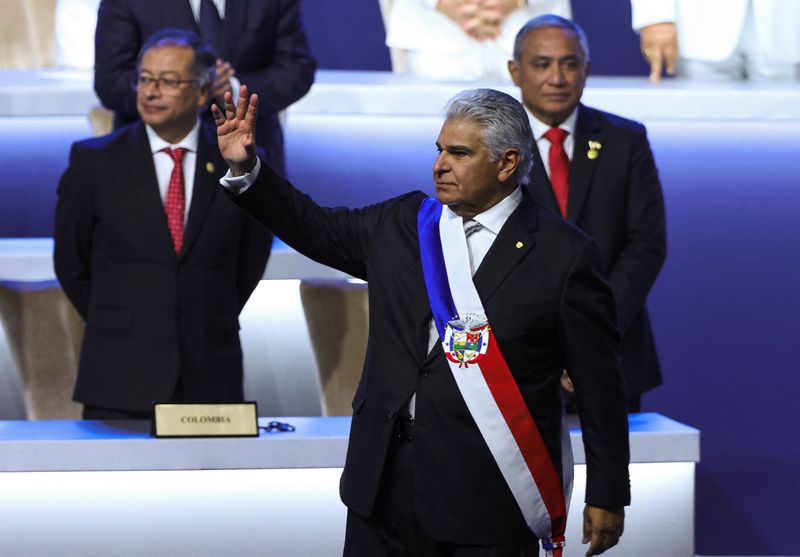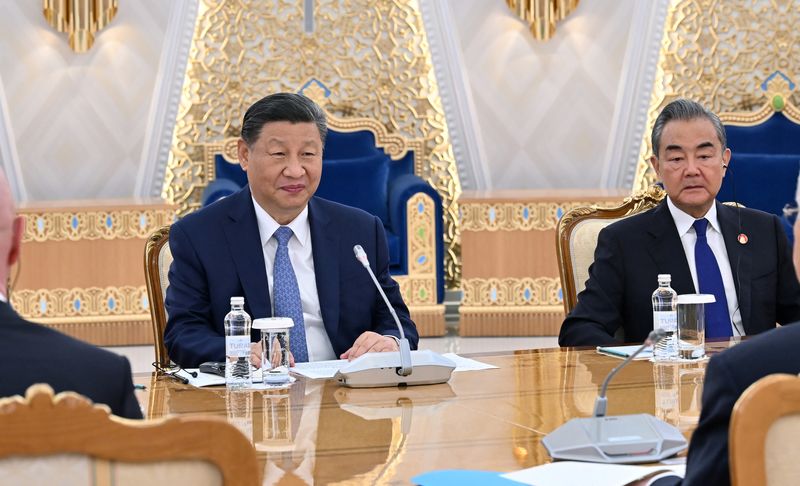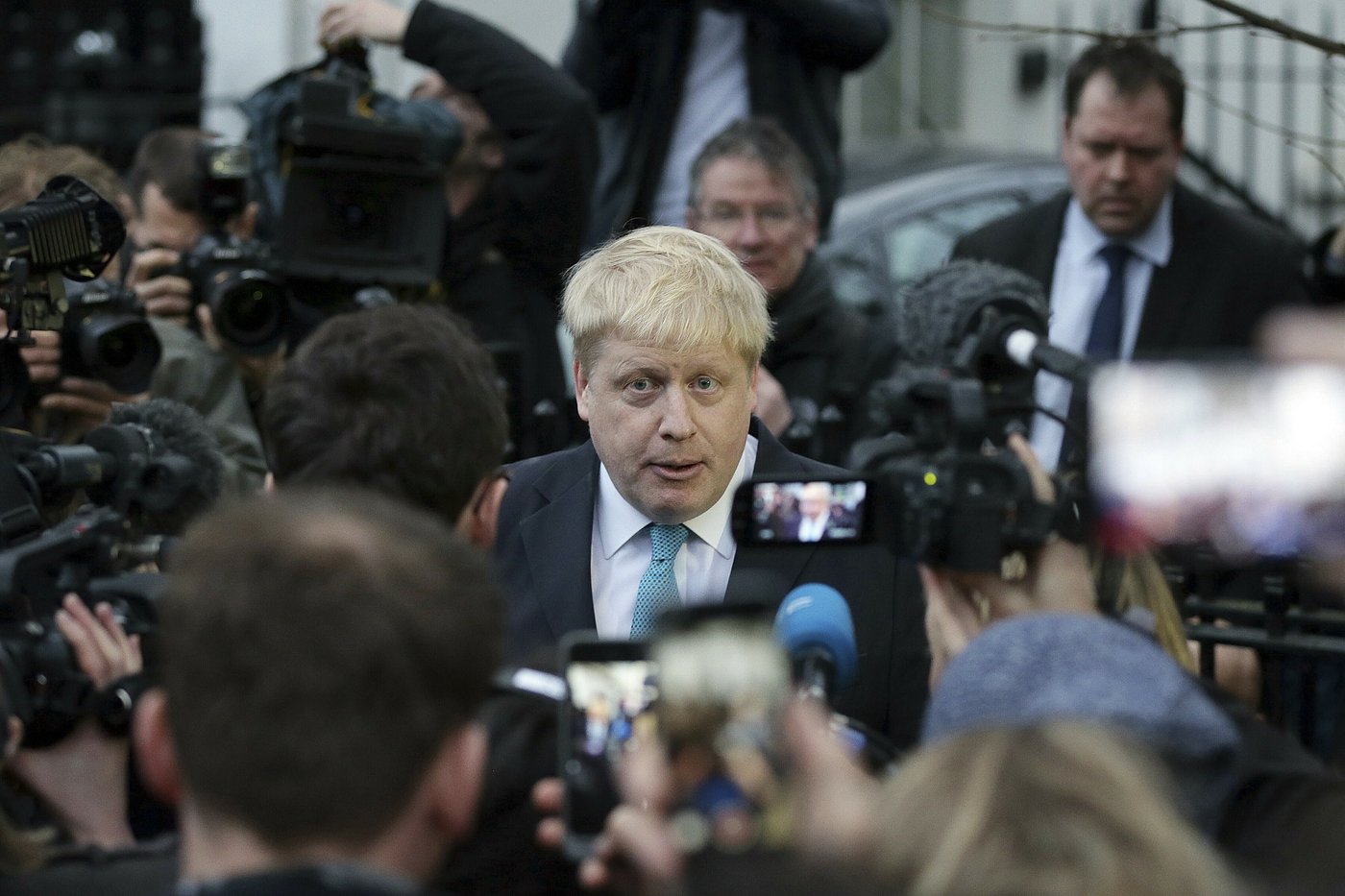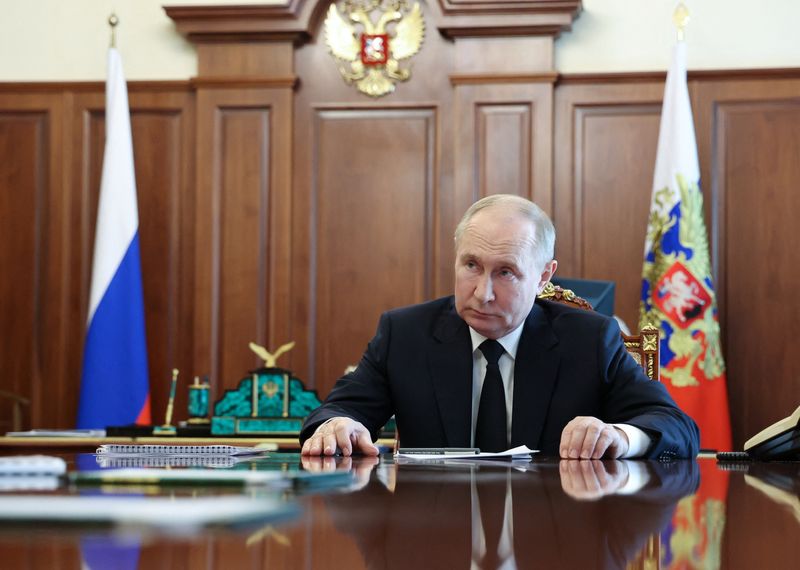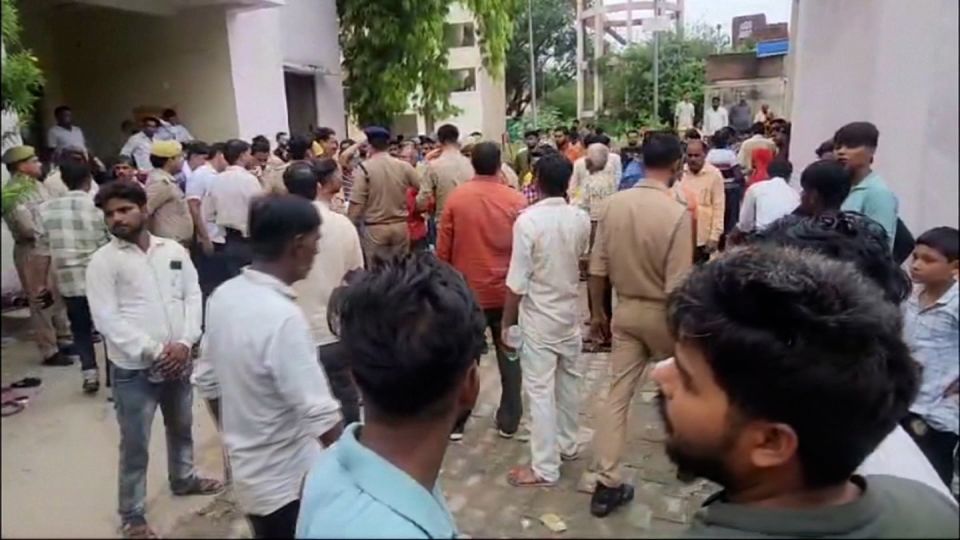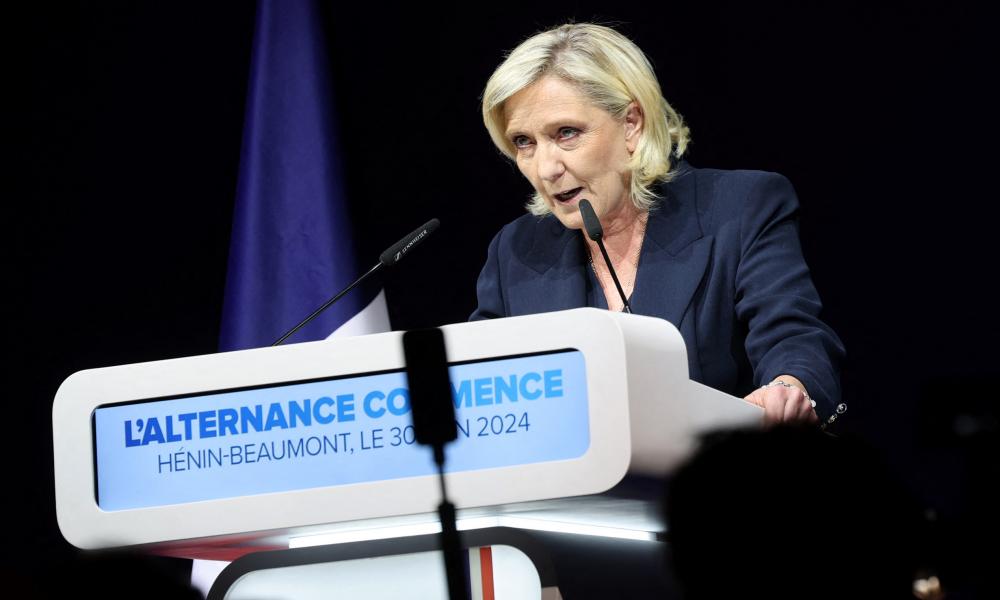
MONDAY BRIEFING: AS FAR-RIGHT SUPPORT SURGES, WHAT NEXT FOR FRANCE?
Good morning.
Marine Le Pen’s National Rally (RN) has won a historic victory in the first round of voting in France’s snap parliamentary elections. The far-right party came first in the vote for the French National Assembly, drawing an unprecedented 12 million votes, almost eight million more than they acquired two years ago. The results have brought its extremist politics closer to the gates of power than ever before.
Official results show that the RN received 33%. The New Popular Front, the country’s left-wing alliance, also had a strong showing, thought to have taken 28% of the vote share. Emmanuel Macron’s centrist Ensemble alliance trailed in third with exit polls showing it having won 20% of the vote.
The results indicate a deep division in France. Thousands of people gathered in street demonstrations in Paris, Strasbourg, Lyon, Nantes and Lille against the far-right.
Voter turnout was at a four-decade high, reaching 65.8% – in comparison to 47.51% in the first round of the last elections in 2022. Macron was never going to resign as president, staying on until his term ends in 2027, but these results could prove catastrophic for his remaining time in power. However, there is still much to play for. Next Sunday, the French public will be going back to the polls for a second round of voting. Le Pen urged her supporters against complacency, telling a crowd: “For the moment nothing is won, and the second round will determine the outcome”. Both Macron and left wing figures are rallying people to the polls, imploring the public to vote tactically to to block the far right.
With the help of Guardian’s Europe correspondent, Jon Henley, today’s newsletter is on France’s far-right shift and what it means. That’s right after the headlines.
Five big stories
UK politics | Labour is poised to axe the chair of NHS England, Richard Meddings, if it wins the election and replace him with a party loyalist to help implement its plans to revive the “broken” health service.
Higher education | A Conservative student association has been condemned after attendees at one of its events were filmed singing a Nazi marching song. Footage showed a group of people at a black-tie dinner hosted by the University of Warwick Conservative Association dancing to Erika by German composer Herms Niel.
UK news | Police in Tenerife have said the unsuccessful two-week search for a missing British teenager is now over, although the case remains open. Jay Slater, 19, from Lancashire, went missing on Monday 17 June after attending a weekend rave with friends.
US politics | Joe Biden’s family have urged him stay in the race after a disastrous debate performance last week, according to reports in the US media, as senior democrats and donors have expressed exasperation at how his staff prepared him for the event.
Energy | Millions of households will pay lower gas and electricity bills this summer as the energy price cap for Great Britain falls by £122 a year to the equivalent of £1,568 for the typical annual charge from today.
In depth: A gamble too far?
Macron dissolved parliament just a few weeks ago to call this shock election, after his party suffered a devastating defeat by the far right during the European elections, with the National Rally bringing in 31% of the vote. Although the president had reportedly been considering calling an election for months, the announcement came as a surprise even for some in his inner circle.
By the end of last week, the campaign was clearly wearing on Macron, who normally keeps a cool head. On Friday, the president seemed to snap when asked by reporters about his opponents, pointing to the “arrogance” of the RN. It seems, however, that they were right to be confident.
Macron knew that calling a snap election was a major risk. The far right is more popular in France than they have been in years; his approval ratings have hit record lows; and two years ago his party lost its parliamentary majority. Critics have said that the gamble has allowed Le Pen and her party to build on the momentum from the European elections – while Macron’s allies have all but said that he is playing 4D chess. The main reason that the president has given for calling this election, is that this is a moment for clarification: he was calling the public’s bluff on their decision to give so many votes to the far right in the European elections. He was hoping that, when confronted with the reality of a far-right government, the French public would go the other way.
The other, more cynical, interpretation is that by allowing the National Rally to win, Macron can – as president – effectively control how they govern with the hope that people fall out of love with them before the next set of elections. Even if this is all a part of some grand plan, there is no guarantee that things will work out in Macron’s favour in 2027, in the same way they didn’t three weeks ago or last night.
***
How the election works
To understand the significance of this first round, we have to go back to French politics 101.
French elections are usually held every five years – the last one was in 2022, meaning that Macron did not have to dissolve parliament for three more years. There are 577 seats in the French parliament, and to have an absolute majority a party needs to obtain 289.
To elect MPs, French voters participate in a two-round simple majority system. In the first round, a candidate must win a majority of votes with the support of at least 25% of registered voters – so turnout is crucial. If a candidate wins a majority then they get the seat, but most votes go to a second round the following week. This round includes the two highest scoring candidates, plus any others who collected at least 12.5% of total registered voters. The candidate who gets the most votes wins.
***
The results
The RN’s surge is undoubtedly “historic and monumental”, Jon says, but there are caveats. Several polls last week predicted an even higher score and while Le Pen is insisting that Macron’s camp have been “practically wiped out”, there is no way to predict or extrapolate these results into a national picture yet. The polls currently suggest that the RN may not have the seats required for an absolute majority, but an alliance with a part of the centre right might tip the balance in their favour.
“This outcome confirms that the French political landscape is divided into three rival blocks, with the centrists squeezed between the left and the far right,” he adds.
***
A new future
The National Rally, formerly the Front National, have undergone a significant reinvention in recent years, shedding their extremist image. For the last decade, Marine Le Pen has been moving the party away from the virulent antisemitism that defined it for so long , by expelling her father Jean-Marie Le Pen, changing the party’s name, and toning down its rhetoric to market itself as a more palatable right-wing party. The language may have shifted, but Le Pen has still kept the fundamental principle of “national priority”, a euphemistic term for a policy that would give preferential access to social housing and welfare to French citizens over non-nationals, even those who are paying taxes. The measure is incompatible with EU law and has been accused of formalising discrimination against immigrants.
The presence of Jordan Bardella, the 28 year-old protege and heir apparent of Le Pen has been a boon. “He’s young and a very telegenic, a smooth performer, and has helped broaden their appeal”, says Jon.
Now the RN have surged in the polls. Like in many parts of Europe, French voters are frustrated with their government over a host of issues. “It’s about a worry for the future that comes in all sorts of shapes and sizes,” Jon says. “It can be to do with immigration, unemployment, housing, or with a more intangible sense that the future is threatened”.
Their increasing mainstream position in politics has also been aided by a progressive normalisation by other centre-right and right wing parties. Macron’s government incorporated a number of the RN’s hard-line positions in their immigration bill last year in a bid to stymie their rise. Instead, it has seemingly helped to normalise those positions.
Part of the problem is Macron himself, who is viewed as arrogant, elitist and failing to deliver by many voters, despite the headline economic indicators that the country seems to be going in the right direction.
***
What’s next
A week of political bargaining is ahead for French politicians. The results and unusually high turnout means there will likely be a record high number of three-way contests in the second round, which will lead to extraordinary levels of “frantic horse trading” that make it exceedingly difficult to accurately predict an outcome.
In the past, third parties have dropped out in areas where the RN are in the lead to avoid splitting the vote. Senior figures in the left wing NFP alliance have pledged that in any constituencies where their candidate is third and the RN are first, they would withdraw. Macron’s centrist camp has not been as generous or clear about what they plan to do in the same situation.
Far-right parties are in government already in half a dozen European countries, many of whom congratulated the RN and Le Pen on their initial victory. Centrist and left-wing European parties will be watching closely and nervously at how events unfold over the course of the next week.
The situation is looking rather bleak for Macron, who looks like he will have to hand some control over to his political enemies. After the second round results come in, Macron, as president, will pick the prime minister – who is usually from the winning party. If the prime minister and president are from different parties, the government enters a state of a “cohabitation”, which has only happened three times in post-war France.
“Macron is looking at just under three years in cohabitation either with a hostile government in the shape of a RN majority, possibly in coalition with centre-right MPs, or with a parliament that is so divided, fractious and fragmented that it’ll just be completely impossible for him to get anything done,” Jon says.
What else we’ve been reading
Whether you’ve been soaking it all up at Worthy Farm or watching on iPlayer from the comfort of your sofa, you may well have had a Glastonbury-flavoured weekend. Here’s Zoe Williams on 24 things she learned at the festival. Hannah J Davies, deputy editor, newsletters
Packing it in early during a workout can be really demoralising. Phil Daoust offers some sage advice to shake off the feelings of guilt or shame in his latest Fit for ever column. Nimo
“I didn’t want to draw Boris at all”: ICYMI, Martin Rowson wrote about 14 years of cartooning the Tories, through times both farcical and tragic. Hannah
Most kids in the UK have phones by the time they are 11 years old. Alex Moshakis spoke to a group of parents who have attempted to do the impossible and give their children a phone-free childhood. Nimo
I enjoyed Michael Segalov’s interview with podcasters turned authors Nicole Ocran and Emma Slade Edmondson, who are digging into what it means to be mixed race – and confronting difficult parts of history in the process. Hannah
Sport
Euros | England delivered a dramatic 2-1 win against Slovakia, snatching victory from the jaws of defeat and narrowly remaining in the competition after two late goals from Jude Bellingham and Harry Kane, in the 95th minute and 52 seconds into extra time respectively. The Three Lions will now play Switzerland in the quarter-final next Saturday.
Cricket | Maia Bouchier hit a maiden international hundred on Sunday, simultaneously bringing up the personal milestone and the winning runs for England in the ODI series against New Zealand, as they reached their target of 142 with eight wickets and 153 balls to spare.
Cycling | Tadej Pogacar threw down the gauntlet to defending Tour de France champion Jonas Vingegaard, attacking in the hills ringing Bologna, to take the yellow jersey on stage two of the 2024 race.
The front pages
The Guardian’s headline is “Labour can stem populist threat by improving lives, says Starmer,” as the paper reports on an exclusive interview with the Labour leader. But the Mail has “Don’t lock in Labour for a generation,” as it covers expected comments from Rishi Sunak. The i says “UK heading for ‘stagnation’ after election, Labour and Tories told,” reporting on warnings from economists.
But many of the other front pages have France in their sights. The Financial Times headline is “Le Pen’s far-right defeats Macron in first round of French snap election,” over a picture of Marine Le Pen with her arms outstretched. The Telegraph has “Le Pen: I have wiped out Macron,” while the Times says “French right humiliates Macron”.
And there is also the football. The Sun says “Saved by the bell” and the Mirror “England keep dream alive … just,” as both report on England’s nail biting win against Slovakia.
Today in Focus
The 14 years that broke Britain, part 2
In the second episode of a two-part series examining the legacy of 14 years of Conservative rule in the UK, Jonathan Freedland and Helen Pidd lay out the chaos that followed David Cameron’s departure from Downing Street.
Cartoon of the day | Edith Pritchett
Sign up for Inside Saturday to see more of Edith Pritchett’s cartoons, the best Saturday magazine content and an exclusive look behind the scenes
The Upside
A bit of good news to remind you that the world’s not all bad
For a tennis player, making it to Wimbledon is the dream: the stage to beat all stages, the place that attracts the very best in the sport. Beyond winning, merely appearing at the tournament is something that most players spend more or less their entire lives training for. It is something of a miracle then that Billy Harris has even made it to the championships, then, considering that just 10 years ago he was living out of his van, travelling across Europe to play in matches with a portable cooker in tow.
After receiving a wildcard to compete last month, he is now set to make his grand slam debut. “At the start, I didn’t have the money for flights every week,” said Harris, who at one point was not even within the top 1,000 seeded players in the world and is now ranked British No 5. His close friend and ATP doubles player, Julian Cash, said: “The last couple of years he’s taken a step forward and really deserves it.”
Sign up here for a weekly roundup of The Upside, sent to you every Sunday
Bored at work?
And finally, the Guardian’s puzzles are here to keep you entertained throughout the day. Until tomorrow.
2024-07-01T05:51:33Z dg43tfdfdgfd
